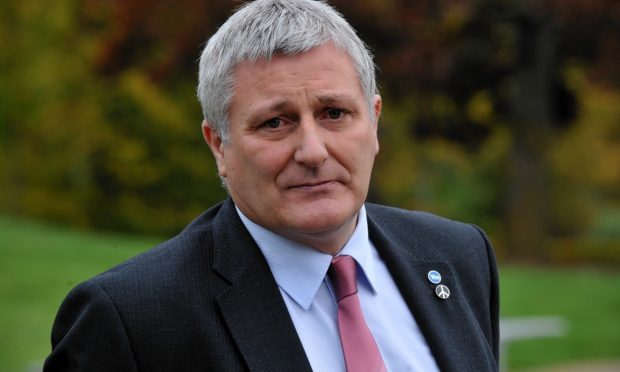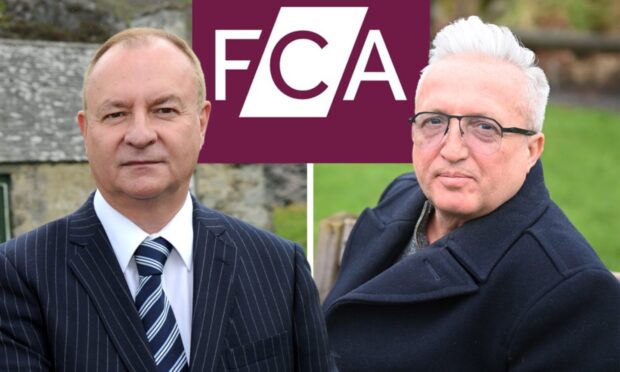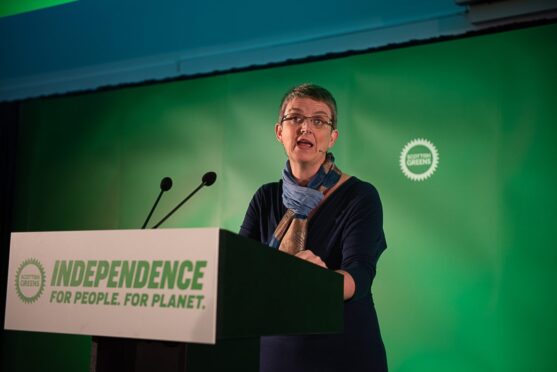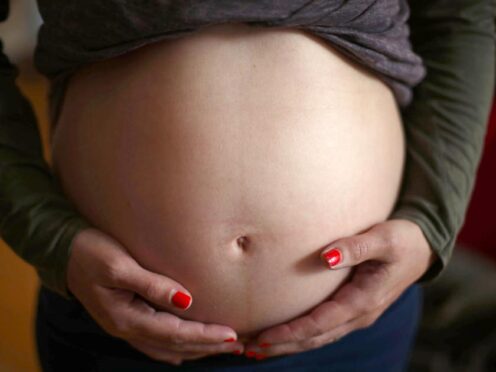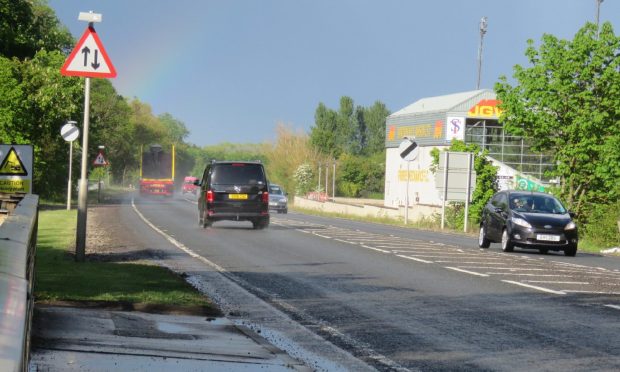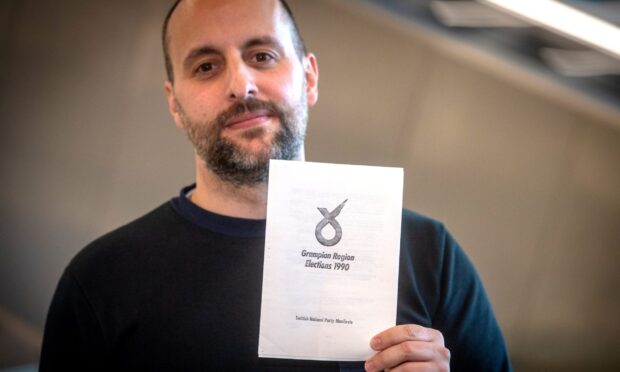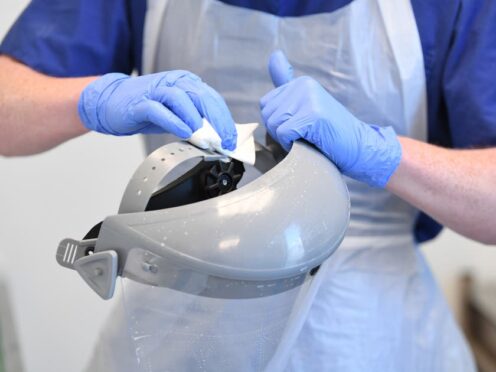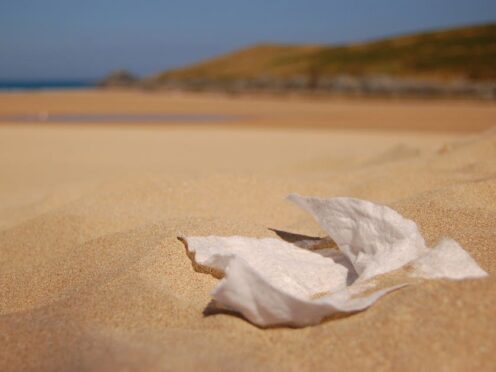Whatever side of Scotland’s independence referendum debate you were on, most people will agree it exemplified some of the best principles of democracy.
The United Kingdom and Scottish Governments agreed the terms of the referendum then both set out to persuade people to their side by the power of their arguments.
Maximum participation in the process was encouraged by both sides with the franchise being extended to 16 year olds for the first time.
As a lifelong campaigner for Scottish independence, I was devastated by the outcome but I accepted the result in the knowledge the whole process had been undertaken to the highest standards.
Compare and contrast what happened within the United Kingdom with what has happened in recent times in the Kingdom of Spain.
Spain, which wishes to be considered as ‘a western-style liberal democracy’ would be expected to respect international laws and humanitarian norms.
However, many in the Basque country will tell that its judicial actions and treatment of Basque political prisoners fall well short of those standards.
Spain’s Governing Party, the People’s Party (Partido Popular, PP) was re-founded in 1989, previously the People’s Alliance (Alianza Popular, AP), a party led and founded by Manuel Fraga Iribarne, a former Minister of the Interior and Minister of Tourism during Francisco Franco’s brutal fascist dictatorship.
Many with no particular interest in politics either at home or abroad were shocked by the Madrid Government’s brutal suppression of the Catalan Independence referendum held in October last year.
Pensioners being dragged downstairs and beaten by the notorious Guarda Civil shocked the world, but not Spain’s King whose much anticipated address to the nation failed to mention the state violence.
Spain dissolved many Catalan institutions and ordered new elections which, unsurprisingly, produced a pro-independence majority.
As a former police officer, I value international cooperation on crime and recognise the undoubted benefits of the European Arrest Warrant, which will be lost following our exit from the EU.
The warrant has been an essential tool in dealing with cross-border crime, human trafficking and terrorism. I suspect few of its proponents ever thought it would be used by an EU Member state to arrest democratically elected politicians as Spain has done with Catalan’s leaders.
This week we saw how Scotland dealt with the warrant issued for Professor Clara Ponsati. The matter is fundamentally a UK issue. However, given Scotland’s independent legal system it fell on the Lord Advocate and Police Scotland to process the warrant.
Professor Ponsati appeared at Edinburgh Sherrif Court on Wednesday and has been granted bail. Scotland’s prosecutor, police and courts have all done their jobs free from political interference, which contrasts greatly with Spain’s so-called constitutional court which ranks below China for political independence.
Whatever the future holds for Scotland, I know our democratic institution and criminal justice institutions have shown how things work in a true liberal democracy. Let’s all celebrate that.
The debate about Scotland’s constitutional future is still a very live issue which will, I hope, continue to be engaged in with respect on all sides.
Over three quarters of public transport journeys in Scotland are made by bus, yet it is the only major form of transport which is not seeing an increase in usage.
For decades now transport policy has focused on the motor car, at the expense of public transport. That has led us to the point that we have 38 air pollution hotspots across the country, with areas such as Inverness and Aberdeen city centres chocking with illegal, sometime fatal, levels of air pollution.
On Wednesday I led a debate in parliament calling for better buses. A third of Scots don’t drive and investing in public transport shows that we value those in our communities who can’t or don’t want to take the car.
Better buses will tackle congestion and reduce pollution in towns and cities, but they will also connect communities and tackle the blight of loneliness that is impacting many, particularly elderly, people who rely on public transport links to get out and about.
Investing in better buses benefits everyone in our communities, it benefits local businesses and supports our important tourism industry. It’s time we got serious about delivering a public transport network fit for Scotland in the 21st century.
The latest stooshie over fishing is a microcosm of the entire Brexit process – politicians with little knowledge and even less interest in Scotland’s fishing communities making promises that they cannot deliver are then backtracking.
It is not often that Moray’s Tory MP (Douglas Ross) and I are on the same page but I must say I found it difficult to disagree with his assessment of the Tories handling of the Brexit crisis when he said, “it would be easier to get someone to drink a pint of cold sick than try to sell this as a success.”
It’s been interesting to watch Mr Ross and his colleagues, initially hailed as a strong bloc, fold like deckchairs every time they’ve had the opportunity to stand up for their constituents since last year’s general election. Not so “strong and stable” after all it would seem, rather “wrong and feeble.”
In parliament last week, I called on the rural economy eecretary to ensure that, whatever our constitutional position may be, Scotland’s future fisheries policy is based on evidence.
Overfishing has caused serious problems in the past and the Tories’ irresponsibly promoting a hoover-up bonanza once again risks the future of Scotland’s important fishing stocks.
